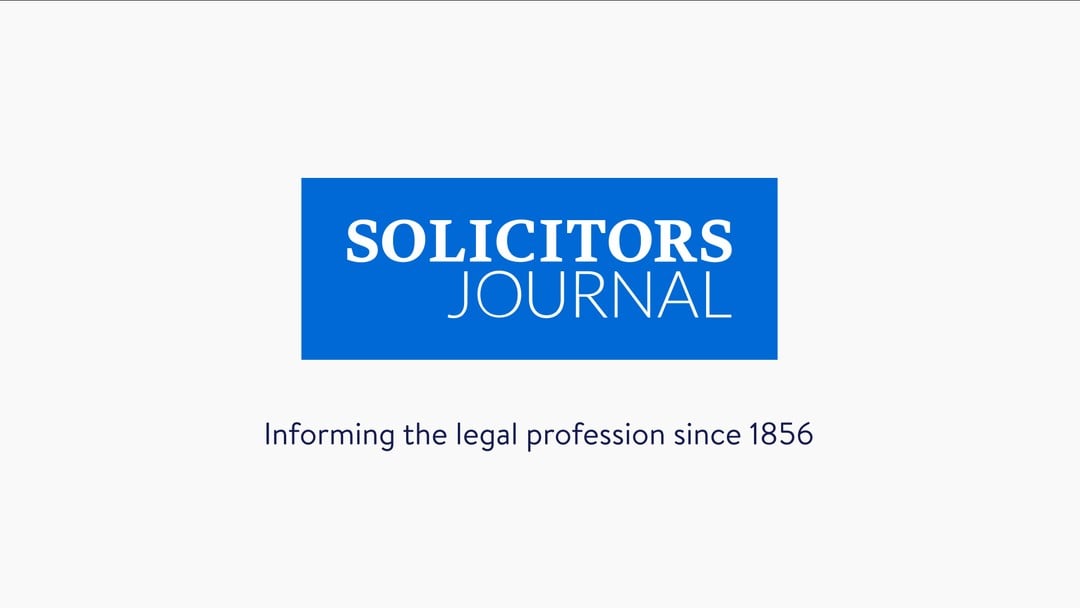A prehistoric practice

Much like drink-driving, the letter of the law and the court of public opinion have rightly pushed aggressive tax avoidance into the past
With Google in the dock over its now infamous tax deal with the government, large multinationals are casting a long shadow over HMRC and the UK tax system. However, while the corporate world battles against a tide of public opinion and mounting distrust to prove it acted fairly and legally, the magnifying lens is again turning on wealthy individuals and their advisers.
Prior to the financial crisis, aggressive tax avoidance was a regular practice with both individuals and corporations looking to add a gloss to the bottom line. Outside the corporate arena, when people think of the tax avoidance industry, they regularly have in mind the schemes in which footballers and other celebrities have famously become involved.
In such schemes, a reduction in tax was often achieved via a large capital allowance claim, or sideways loss relief from a trade carried out in a partnership or personally. Further tax relief was available if the investment in the scheme was leveraged.
More recently, tax 'abuse' has come under increased scrutiny and egregious tax planning has been countered. This has served the dual political goal of boosting the public coffers by shrinking tax loopholes, while alleviating public concerns that the wealthy are a law unto themselves when it comes to tax.
Various new tax rules have been introduced to facilitate this, including the General Anti Abuse Rule (GAAR) which was first enacted in 2013. Essentially, if a tax situation does not accurately reflect the individual's or the company's economic situation, the GAAR negates any advantage obtained.
Sideways loss relief had previously been tightened with the requirement to prove that at least ten hours a week is spent working in the trade. If this is not done, then sideways loss claims are capped at £25,000.
While we are yet to see prosecutions under the GAAR, the required framework is very much in place and other tools have already begun to bear fruit; perhaps the most successful being the combined powers of the disclosure of tax avoidance schemes (DOTAS) regime and accelerated payment notices (APNs).
Any new disclosable tax planning arrangement has had to be declared to HMRC since 2004 and is subsequently assigned a DOTAS number. A DOTAS scheme can now receive an APN if the other relevant conditions are met. That APN requires the individual to pay any disputed tax within 90 days while their affairs are investigated. In a similar fashion, promoters of these schemes must declare their activity under the POTAS (promoters of tax avoidance schemes) rules which build on the pre extant DOTAS regime.
Some advisers may throw caution to the wind and deign not to register their scheme with HMRC, thereby keeping it off the DOTAS register; these people are most certainly in the minority and they run risks to their clients and themselves.
By their own reckoning, HMRC wins an estimated 80 per cent of cases that make it to court. With the change in the economics of tax schemes due to APNs, most taxpayers prefer to pay what they owe at the first time of asking and avoid the uncertainty and cost of litigation.
Indeed, it appears from the national press that some individuals have found themselves worse off through the use of an avoidance arrangement, and this has had a big impact on clients' appetite for tax risk.
The judiciary and HMRC appear to have aligned with public opinion. Individuals and businesses are following suit in something of a cultural and political sea change. Aggressive tax avoidance is rapidly going the way of drink-driving in being socially unacceptable.
HMRC is of course understaffed (part of the reason behind its digitalisation drive) and the lack of manpower may limit its overall policing ability. The fact remains the authority is making considerable progress, with over £2bn recouped by the treasury since APNs were introduced, and the vast majority of taxpayers and their advisers are well up to speed.
Those few who continue to flout both the spirit of the law and the court of public opinion are on the way out.
If not technically illegal, their practices are seen by many as morally indefensible and despite the persistent existence of some serial abusers, HMRC's ongoing campaign and numerous powers are hastening their overall demise.
James Hender is a partner at Saffery Champness

